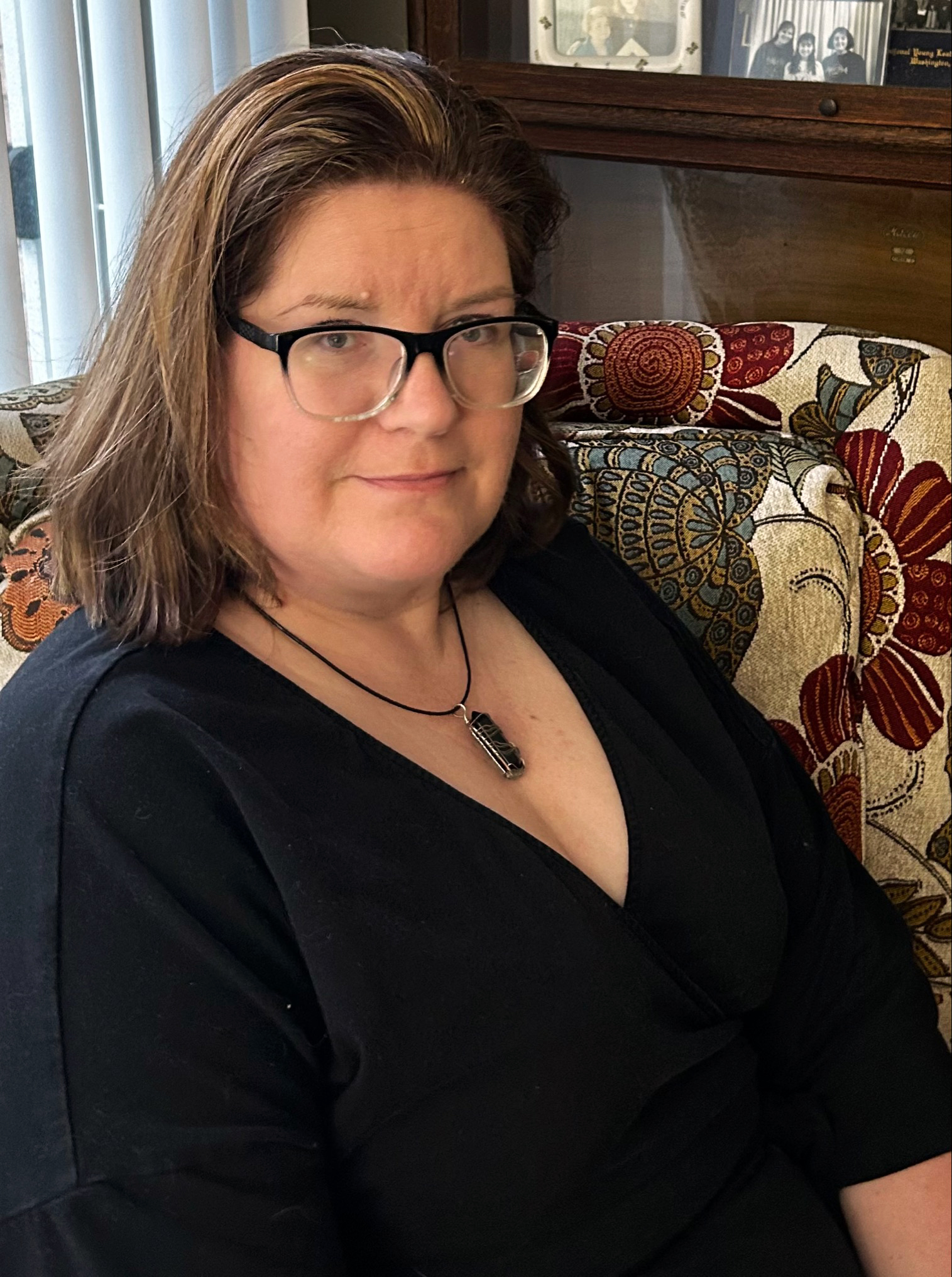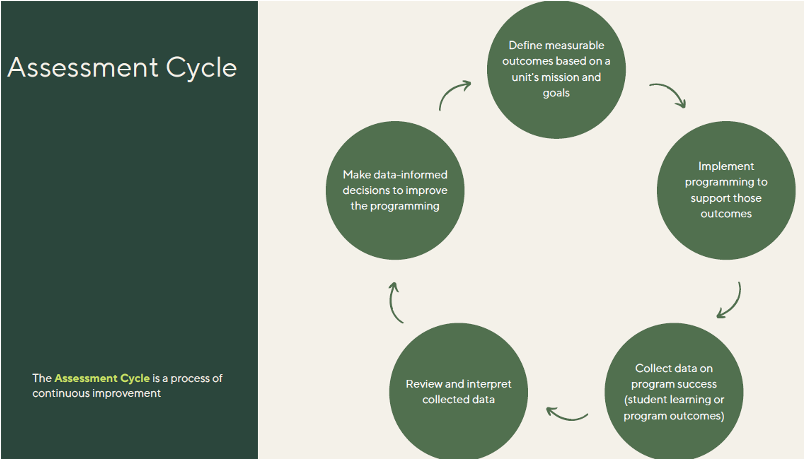 MSU confirmed its commitment to data-informed student success in August 2022 when the university hired Director of Assessment for APUE Rebecca Dean, Ph.D. Dean leads the assessment of programs and services that support student success in undergraduate education. Systematic data collection combined with thoughtful review of information gleaned from programs and services creates the foundation for data-informed decisions, enhancements, and resource allocation. Assessment is sometimes misconstrued as evaluation. Dean clarifies, however, that “assessment should be active conversations between faculty, staff, and students about what is working to support students, what is not working, and how we can make things better.”
MSU confirmed its commitment to data-informed student success in August 2022 when the university hired Director of Assessment for APUE Rebecca Dean, Ph.D. Dean leads the assessment of programs and services that support student success in undergraduate education. Systematic data collection combined with thoughtful review of information gleaned from programs and services creates the foundation for data-informed decisions, enhancements, and resource allocation. Assessment is sometimes misconstrued as evaluation. Dean clarifies, however, that “assessment should be active conversations between faculty, staff, and students about what is working to support students, what is not working, and how we can make things better.”
“Properly done assessment is not an evaluation process. Evaluations are judgements. They can be punitive. In contrast, in an assessment, information is used for continuous improvement. Data gathered during assessments can be used to tweak programs to improve outcomes, to offer support to students or staff who are struggling, or to tell the story of our successes,” explains Dean.

A visual representation of the assessment process details the collaboration involved that can lead to change or confirm excellence. “Assessment is best when stakeholders across the program are involved in determining a program's goals, outcomes and data assessment plan. The data gathered from assessments is only as useful as the conversations that staff members and students have about what it means and how they can implement needed changes,” says Dean. Engaging students in the process empowers student inclusion to inform program design to meet student needs.
Done well, data such as measurements on sense of belonging, staff observations and student input lays the groundwork for improvements in feelings of inclusion and equity amongst students. Dean’s focus is on the undergraduate courses and programs offered by APUE. Qualitative assessment could include measurements on the program experience for students, along with knowledge and skills gained. Quantitative measures including how many students participated, the number of activities completed, the academic performance and retention of the students and other markers of participation can be gathered to see how experiences and outcomes compare across cohorts or demographic groups. “Assessment is about looking at the specific knowledge, skills, and attributes that our students gained,” shares Dean. “Ideally assessment will help identify where there are equity gaps and generate ideas on what we can do to reduce and eliminate them.”
Most of APUE’s courses and programs are designed to reduce barriers that prevent students from graduating. “Student feedback on what barriers they face and what has helped or supported them is invaluable. Listening to our students and using their input to make changes to what we offer and how we do it —especially in relation to eliminating barriers to graduation—is an essential part of promoting equity and working to close opportunity gaps,” says Renata Opoczynski, Ph.D., Assistant Dean for Student Success Assessment and Strategic Initiatives.
The assessment process led by Dean helps programs create metrics to measure outcomes. To ensure that assessment activities are productive, Dean recommends a process and a timeline. It begins with all APUE programs creating or updating their mission statement, goals and outcomes this spring. During the summer, the process continues with the development of a plan to assess one goal from each program. In the fall, all APUE programs will turn in an assessment report for one of their goals.
Along the way, Dean is available to support APUE program staff with professional development events and one-on-one help from her and the APUE Assessment Committee. Training on creating mission statements, goals and outcomes, and assessment planning are available now. “I want assessment to be as useful as possible,” says Dean. Coordinating the process across APUE will “help bolster programs’ arguments for their budget requests and will provide the data needed to show what's been going great and where we need more resources. This is how we can use that data to make informed decisions. It is the sweet spot.”